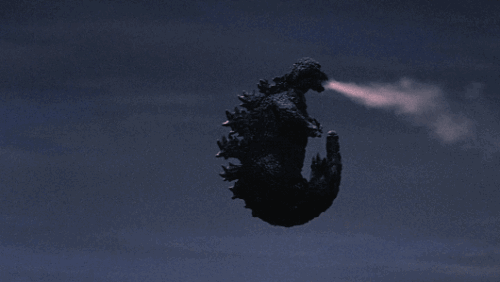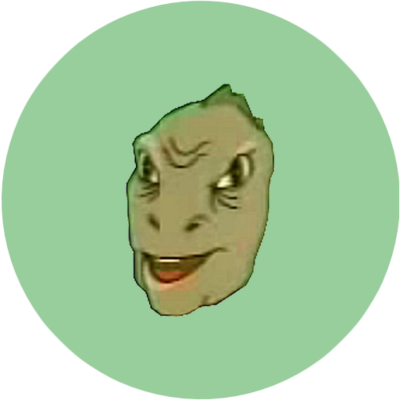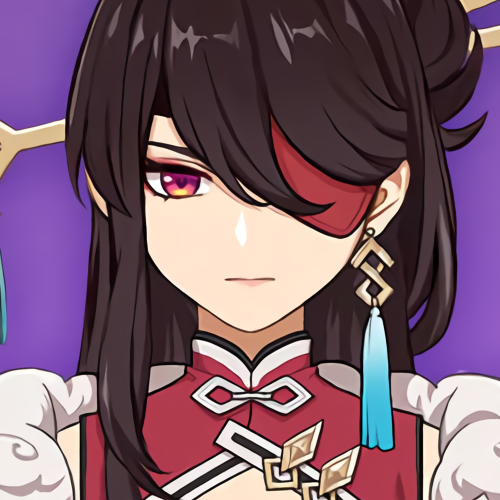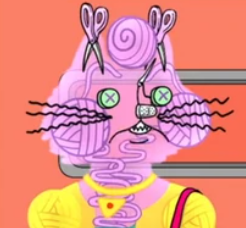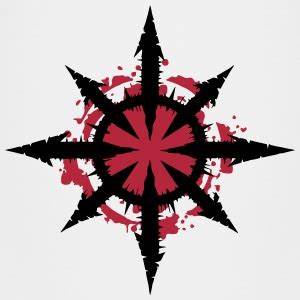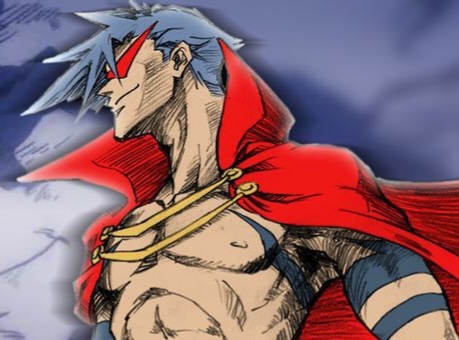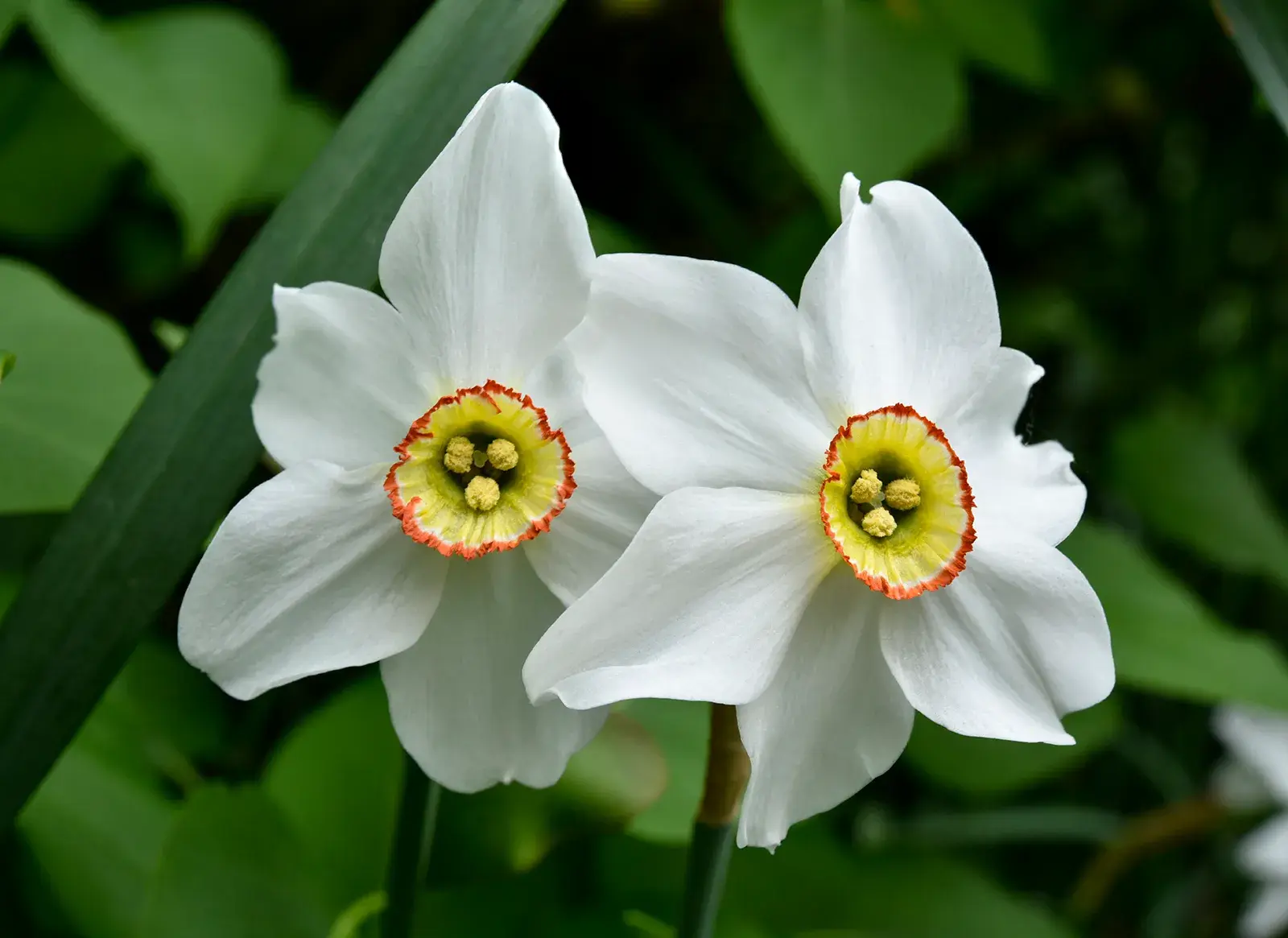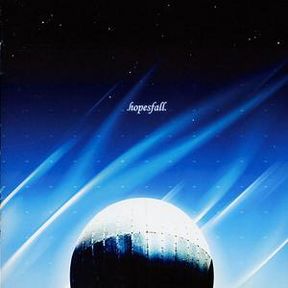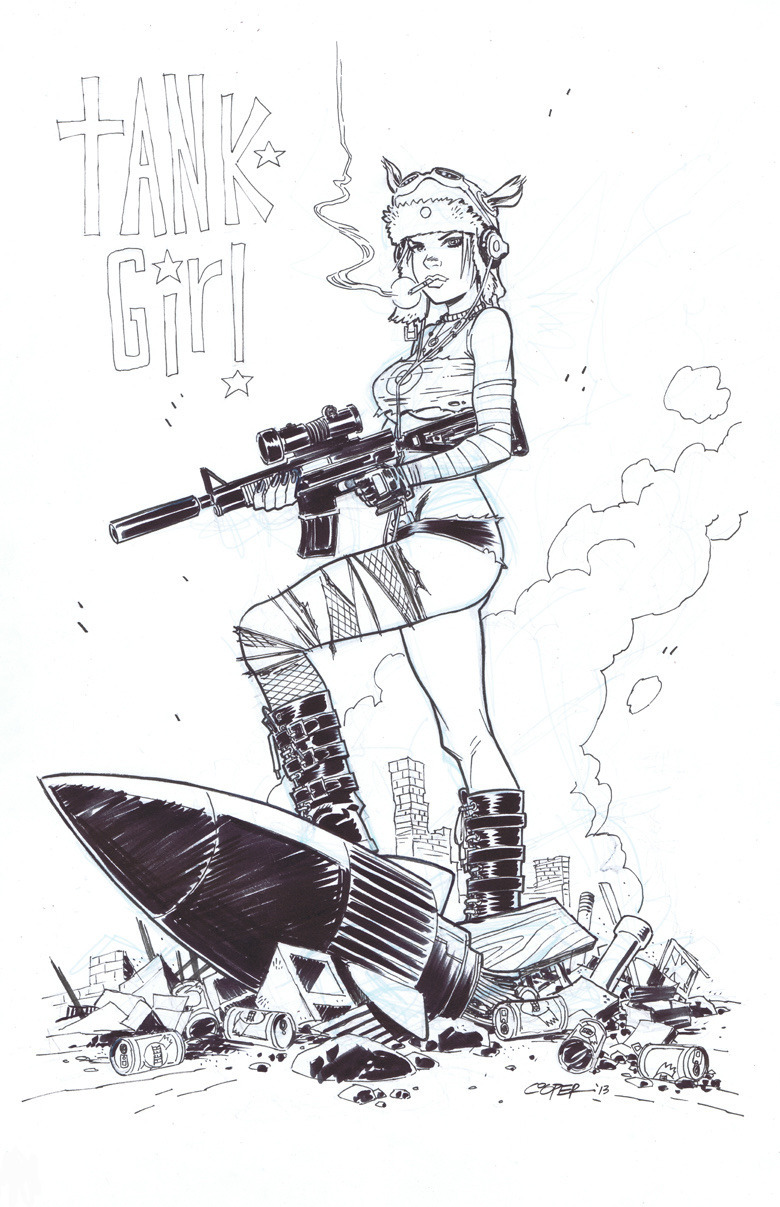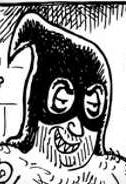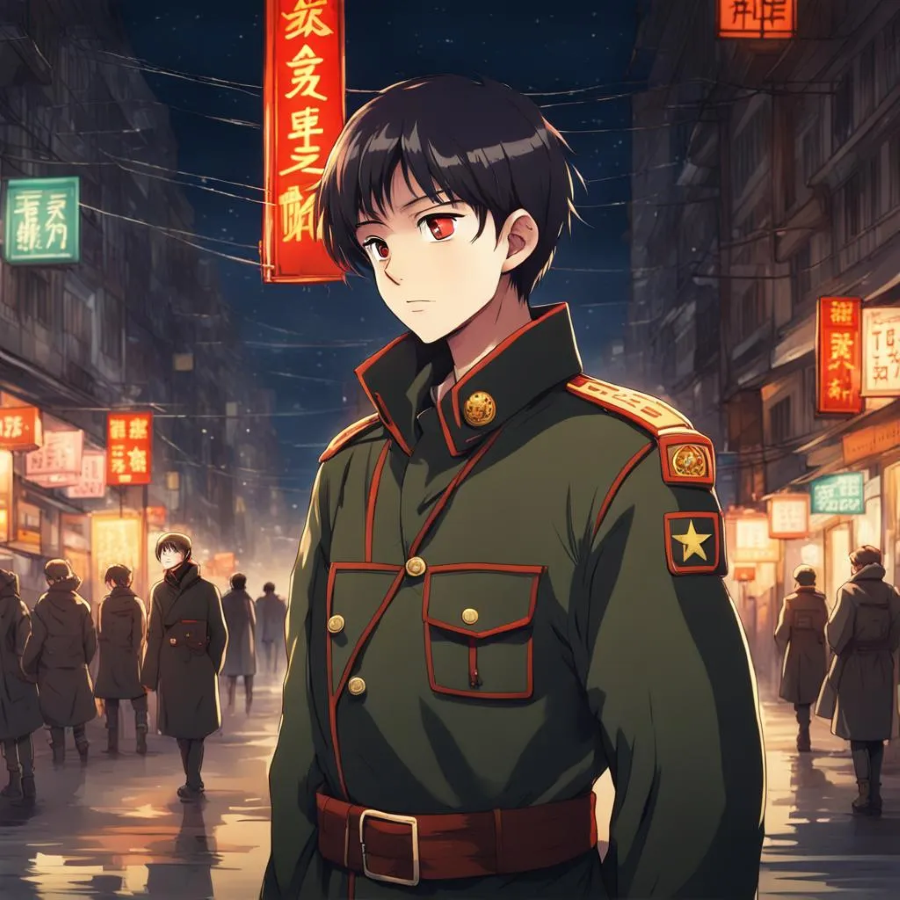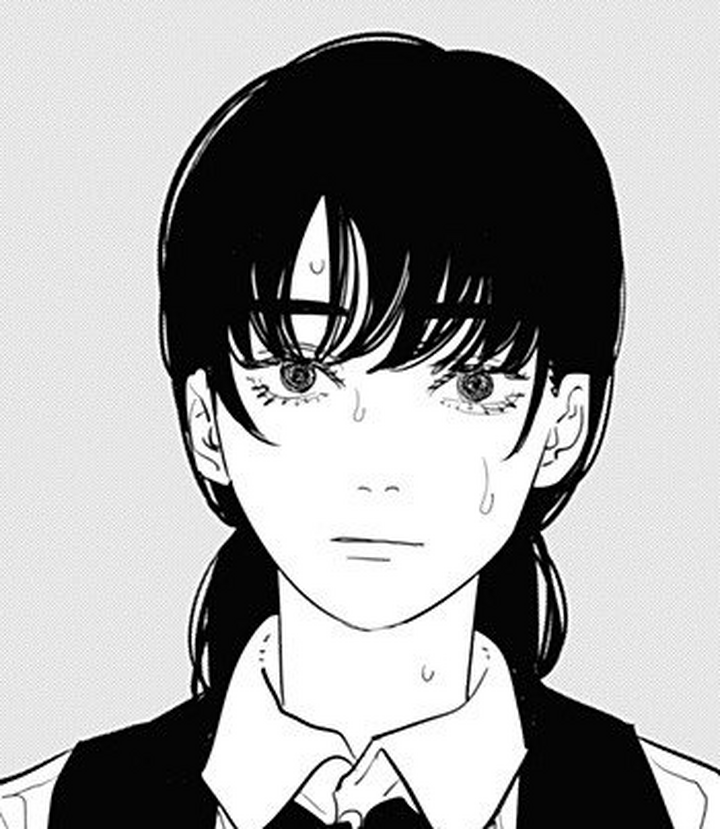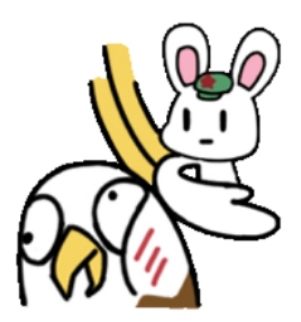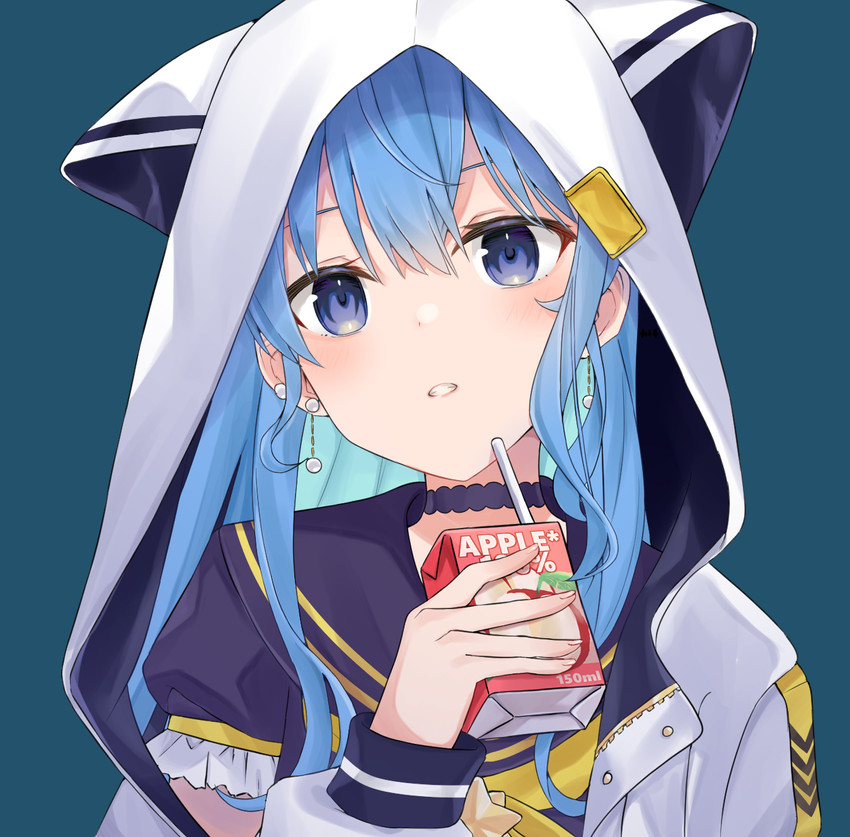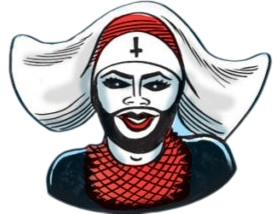Enver Hoxha, born on this day in 1908, was the communist leader of Albania from 1946 to 1985, leaving behind a complex legacy of feminism and greatly improved access to healthcare and education. Hoxha is also known for having sharp ideological and political disagreements with the Soviet Union and communist Yugoslavia, siding most strongly with and receiving aid from Maoist China.
He was First Secretary of the Party of Labour of Albania from 1941 until his death in 1985, a member of its Politburo, chairman of the Democratic Front of Albania, and commander-in-chief of the Albanian People’s Army. He was the twenty-second prime minister of Albania from 1944 to 1954 and at various times was both foreign minister and defence minister of the country.
Hoxha was born in Ergiri in 1908 and became a grammar school teacher in 1936. Following the Italian invasion of Albania, he joined the Party of Labour of Albania at its creation in 1941 in the Soviet Union.
Before coming into power, Hoxha was a French school teacher and librarian, becoming a communist partisan after fascist Italy invaded Albania in 1939. In March 1943, the first National Conference of the Communist Party elected Hoxha formally as First Secretary.
It was in this position as First Secretary that Hoxha became head of state after the Albanian monarchy was abolished in 1946.
Hoxha declared himself a Marxist–Leninist and strongly admired Soviet Leader Joseph Stalin. The Agrarian Reform Law was passed in August 1945. It confiscated land from beys and large landowners, giving it without compensation to peasants. 52% of all land was owned by large landowners before the law was passed; this declined to 16% after the law’s passage.
The State University of Tirana was established in 1957, which was the first of its kind in Albania. The medieval Gjakmarrja (blood feud) was banned. Malaria, the most widespread disease, was successfully fought through advances in health care, the use of DDT, and through the draining of swampland. In 1938 the number of physicians was 1.1 per 10,000 and there was only one hospital bed per 1,000 people. In 1950, while the number of physicians had not increased, there were four times as many hospital beds per head, and health expenditures had risen to 5% of the budget, up from 1% before the war.
Under Hoxha’s leadership, the Albanian literacy rate improved from 5-10% in rural areas to more 90%. Hoxha was also a proponent of women’s rights, stating “the entire party and country should hurl into the fire and break the neck of anyone who dared trample underfoot the sacred edict of the party on the defense of women’s rights”. Accordingly, more than 175 times as many women attended secondary schools in 1978 than had done so in 1938.
Relations with Yugoslavia
At this point, relations with Yugoslavia had begun to change. The roots of the change began on 20 October 1944 at the Second Plenary Session of the Communist Party of Albania. The Session considered the problems that the post-independence Albanian government would face. However, the Yugoslav delegation which was led by Velimir Stoinić accused the party of “sectarianism and opportunism” and blamed Hoxha for these errors. He also stressed the view that the Yugoslav Communist partisans spearheaded the Albanian partisan movement.
Tito’s position on Albania was that it was too weak to stand on its own and that it would do better as a part of Yugoslavia. Hoxha alleged that Tito had made it his goal to get Albania into Yugoslavia, firstly by creating the Treaty of Friendship, Co-operation and Mutual Aid in 1946. In time, Albania began to feel that the treaty was heavily slanted towards Yugoslav interests, much like the Italian agreements with Albania under Zog that made the nation dependent upon Italy
When Yugoslavia publicly broke with the Soviet Union, Hoxha’s support base grew stronger. Then, on 1 July 1948, Tirana called on all Yugoslav technical advisors to leave the country and unilaterally declared all treaties and agreements between the two countries null and void
Relations with the Soviet Union
From 1948 to 1960, $200 million in Soviet aid was given to Albania for technical and infrastructural expansion. Albania was admitted to the Comecon on 22 February 1949 and served as a pro-Soviet force on the Adriatic.
Relations with the Soviet Union remained close until the death of Stalin in March 1953. Under Nikita Khrushchev, Stalin’s eventual successor, aid was reduced and Albania was encouraged to adopt Khrushchev’s specialisation policy. Under it, Albania would develop its agricultural output in order to supply the Soviet Union and other Warsaw Pact countries while they would be developing products of their own, which would, in theory, strengthen the Warsaw Pact. However, this also meant that Albanian industrial development, which was stressed heavily by Hoxha, would be hindered
In the years after Stalin’s death, Hoxha grew increasingly distressed by the policies of the Soviet leadership and of Khrushchev in particular. China was also disillusioned with Soviet behavior at this time, and Hoxha found common ground with Mao Zedong’s criticisms of Moscow. By 1961 Hoxha’s attacks on the “revisionist” Soviet leadership had so infuriated Khrushchev that he elected first to terminate Moscow’s economic aid to Albania and ultimately to sever diplomatic relations entirely.
Relations with China
At the start of Albania’s Third Five-year Plan, China offered Albania a loan of $125 million which would be used to build twenty-five chemical, electrical and metallurgical plants in accordance with the Plan. However, the nation discovered that the task of completing these building projects was difficult, because Albania’s relations with its neighbors were poor and because matters were also complicated by the long distance between Albania and China.
The financial aid which China provided to Albania was interest-free and it did not have to be repaid until Albania could afford to do so. China never intervened in Albania’s economic output, and Chinese technicians and Albanian workers both worked for the same wages.
During the Cultural Revolution, China entered into a four-year period of relative diplomatic isolation, however, its relations with Albania were positive. Albania’s relations with China began to deteriorate on 15 July 1971, when United States President Richard Nixon agreed to visit China in order to meet with Zhou Enlai. Hoxha believed that China had betrayed Albania.
The result of this criticism was a message from the Chinese leadership in 1971 in which it stated that Albania could not depend on an indefinite flow of aid from China. Following Mao’s death on 9 September 1976, Hoxha remained optimistic about Sino-Albanian relations, but in August 1977, Hua Guofeng, the new leader of China, stated that Mao’s Three Worlds Theory would become official foreign policy. Hoxha viewed this as a way for China to justify having the U.S. as the “secondary enemy” while viewing the Soviet Union as the main one, thus allowing China to trade with the U.S.
On 13 July 1978, China announced that it was cutting off all of its aid to Albania. For the first time in modern history, Albania did not have an ally and it also did not have a major trading partner.
During this period, Albania was the most isolated country in Europe. In 1983, Albania imported goods which were worth $280 million but it exported goods which were worth $290 million, producing a trade surplus of $10 million.
In 1973, Hoxha suffered a heart attack from which he never fully recovered. In increasingly precarious health from the late 1970s onward, he turned most state functions over to Ramiz Alia. Hoxha was succeeded by Ramiz Alia, who oversaw the fall of communism in Albania.
Megathreads and spaces to hang out:
- ❤️ Come listen to music and Watch movies with your fellow Hexbears nerd, in Cy.tube
- 💖 Come talk in the New Weekly Queer thread
- 💛 Read and talk about a current topics in the News Megathread
- 💚 Come and talk in the Daily Bloomer Thread
- ⭐️ September Movie Nominations ⭐️
reminders:
- 💚 You nerds can join specific comms to see posts about all sorts of topics
- 💙 Hexbear’s algorithm prioritizes comments over upbears
- 💜 Sorting by new you nerd
- 🌈 If you ever want to make your own megathread, you can reserve a spot here nerd
- 🐶 Join the unofficial Hexbear-adjacent Mastodon instance toots.matapacos.dog
Links To Resources (Aid and Theory):
Aid:
Theory:
New Megathread Nerds!!!

-
🐶 Join the unofficial Hexbear-adjacent Mastodon instance toots.matapacos.dog
-
🌈 If you ever want to make your own megathread, you can go here nerd
@[email protected] @[email protected] @[email protected] @[email protected] @[email protected] @[email protected] @[email protected] @[email protected] @[email protected] @[email protected] @[email protected] @[email protected] @[email protected] @[email protected] @[email protected] @[email protected] @[email protected] @[email protected] @[email protected] @[email protected] @[email protected] @[email protected] @[email protected] @[email protected] @[email protected] @[email protected] @[email protected] @[email protected] @[email protected] @[email protected] @[email protected] @[email protected] @[email protected] @[email protected] @[email protected] @[email protected] @[email protected] @[email protected] @[email protected] @[email protected] @[email protected] @[email protected] @[email protected] @[email protected] @[email protected] @[email protected] @[email protected] @[email protected] @[email protected] @[email protected] @[email protected] @[email protected] @[email protected] @[email protected] @[email protected] @[email protected] @[email protected] @[email protected] @[email protected] @[email protected] @[email protected] @[email protected] @[email protected] @[email protected] @[email protected] @[email protected] @[email protected] @[email protected] @[email protected] @[email protected] @[email protected] @[email protected] @[email protected] @[email protected] @[email protected] @[email protected] @[email protected] @[email protected] @[email protected] @[email protected] @[email protected] @[email protected] @[email protected] @[email protected] @[email protected] @[email protected] @[email protected] @[email protected] @[email protected] @[email protected] @[email protected] @[email protected] @[email protected] @[email protected] @[email protected] @[email protected] @[email protected] @[email protected] @[email protected] @[email protected]
@[email protected] @[email protected] @[email protected]
@[email protected] @[email protected] @[email protected] @[email protected] @[email protected] @[email protected] @[email protected] @[email protected] @[email protected] @[email protected] @[email protected] @[email protected] @[email protected] @[email protected] @[email protected]
No current struggle session discussion here on the new general megathread, i will ban you from the comm and remove your comment, have a good day/night :meow-coffee:
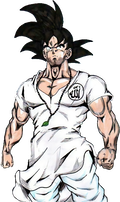
Ok I pull up
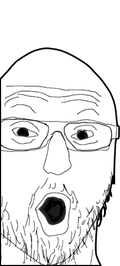
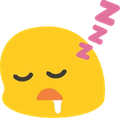
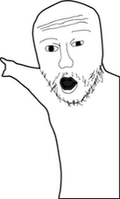
First
Howdy
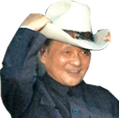
Güd day
-
The guy on the train with an acoustic guitar (worst person you know) just sang a pro Palestina song (great point)

My God he is quoting Chavez now

Being around white people who think they can queer their way out of racism is a hate crime
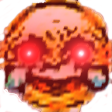
I need more poc in my workplace
At least on twitter genx cishet white women seem to have crowned themselves the experts on all issues regarding race and lgbt issues

Homie, what set you from

They would be the experts on intersectionality


Poor Jim can’t bicycle in the rain
The megathread may have respeced to level 1 but our power remains
From the river to the sea, Palestine will be free!
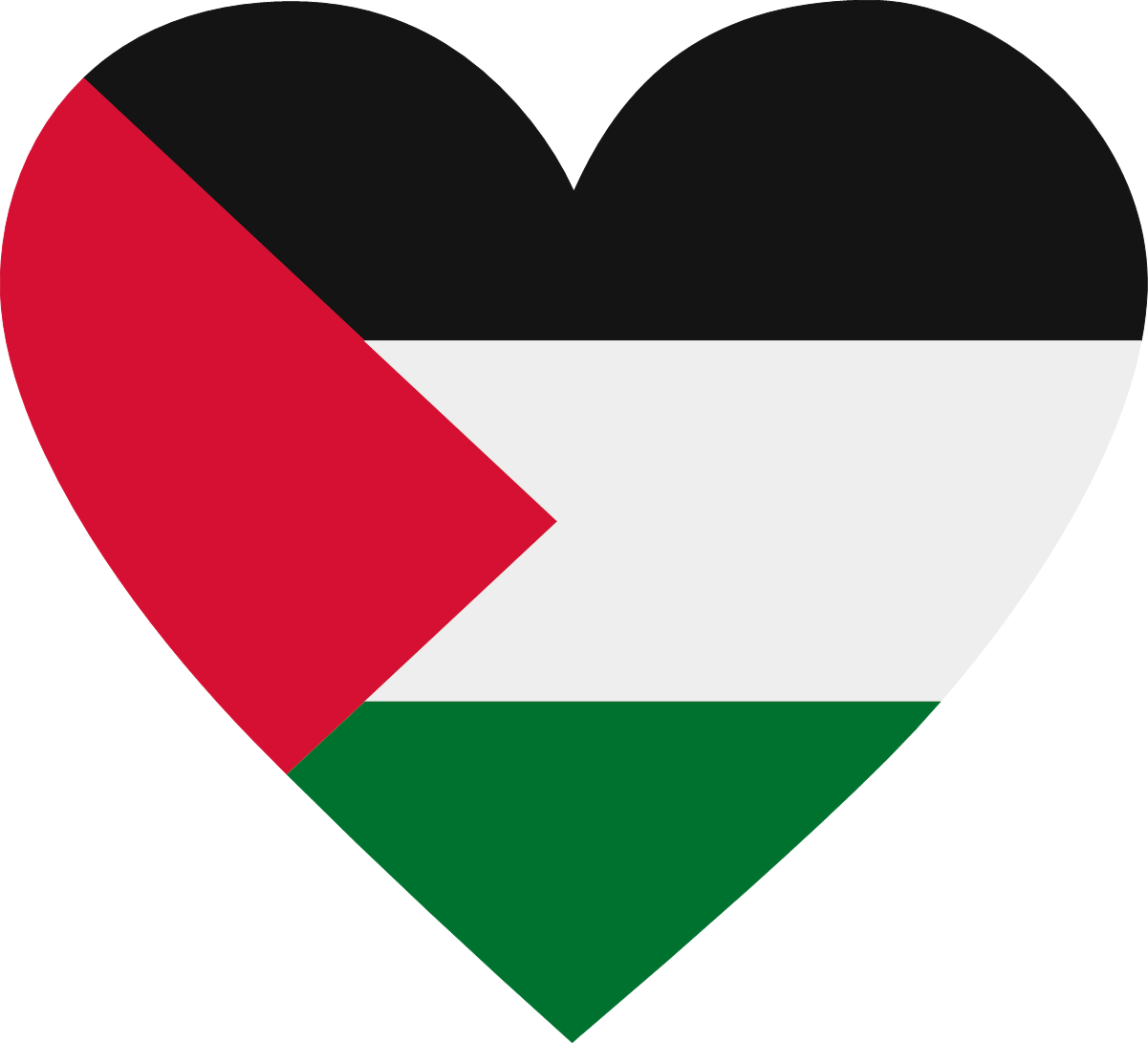








The megathread has reached prestige 1
My zoomer coworkers did the meme!!
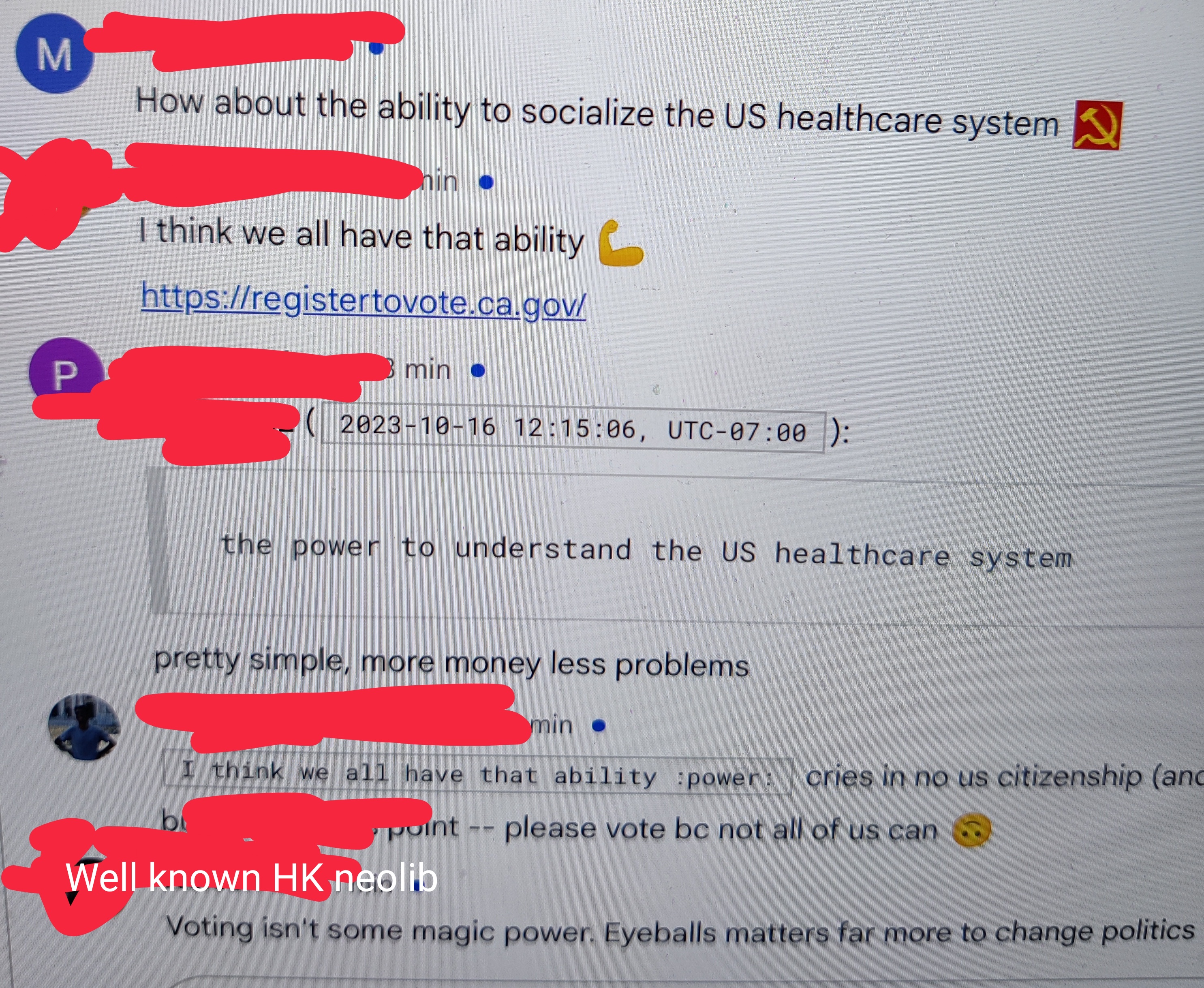
Dropped a comment saying that slavery ending, monarchy ending, queer rights, and colonial independence didn’t happen because of voting
Let’s hope HR doesn’t get mad lmao
Get their ass
Fucked up and couldn’t make it to the Free Palestine protest today, feel like shit
Got delayed for over an hour in the DMV, got a parking ticket and none of that was even the worst part of my day
Just really hating myself right now
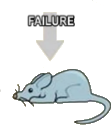
There will be more actions in the future, take care of yourself. The movement is not an event but a flow and your continued participation is the most important thing
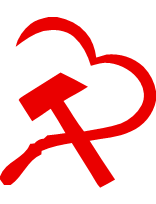 r
r
took a trip to NYC last weekend and went to the metropolitan museum of art, and saw the OG John brown painting (this one) and it’s honestly so impressive. it’s massive so hes like eight feet tall, and the details in his facial expression are awesome. couldn’t stop thinking “John brown is the only good white person in history”
also, there’s a painting by Winslow homer called the gulf stream I saw, which is an absolute banger. the stoic expression of the slave, despite the storm and the sharks, was really inspiring to me for some reason
final art note: au lapin agile by Picasso is a top, top tier painting. saddest shit I’ve ever seen
this has been 2password2remember’s art corner
Death to America
“Tragic Prelude” goes so hard, I really want to put a big print of it up, but I’m worried somebody’s just gonna see the Confederate flag and assume I’m a chud
only good white person in history
What about guillotine operators?

Posting it here just because I’m not allowed to download it
tfw rights are restricted
Cutting off contact with two of my family members for a bit, I think. I know we have drastically different politics, but them hand-waving a genocide and treating Isreal and the US as smol beans made me fucking snap beyond the agitation I was already feeling. All those bombed hospitals, all those dead and mutilated kids not just as a response to the Hamas attack, but for decades beforehand. All they care about was the white people that recently died and not all the other dead people. All the fucking ethnic cleansing. The world news has me fucked up and depressed. No energy for hobbies really and I just spent my day off laying around. At a couple people close to me understand.
deleted by creator
deleted by creator

Night raids in the occupied West Bank have been going on for months but since the start of the war on Gaza, the frequency has increased significantly.
Overnight, there were several dozen raids by Israeli forces. The number of people detained by the Israeli forces is about 600.
Most are held without charges in what Israel calls administrative detention. Only Israel knows the reasons for their arrest, not their lawyers or the individuals.
Democracy
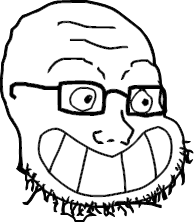
My professor has assigned me a podcast assignment from “Little Red Podcast” and holy shit looking through the descriptions I already know everything about this. Every title is about China being authoritarian and imperialists and evil, the descriptions proclaim that Hong Kong and Tibet and Xinjiang are about to declare independence and China will fall any day now, every episode seems to have some ghoul from a western thinktank or the Obama administration. Just the most typical China watcher western weirdos.
Do they interview Chinese people? Do they talk about Chinese internal politics? Do they talk about Chinese history, or culture, or society? no why would they, they are enlightened westerners who know everything about China, even more than the Chinese
Do they interview Chinese people? Do they talk about Chinese internal politics? Do they talk about Chinese history, or culture, or society? no why would they, they are enlightened westerners who know everything about China, even more than the Chinese
orientalism_edward_said.txt
Death to America
That podcast is not just
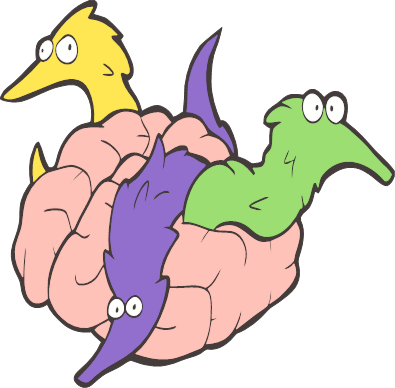 it’s Australian
it’s Australian 
German newspaper Rheinische Post only had one article on its frontpage about the Gaza conflict
The headline said, and I kid you not, “Further missile attacks hit Israel from Gaza”
It was an article about how the missile alarms went off in Tel Aviv for a few minutes. I literally yelled out “You fucking dogs” when I saw it. This is so unbelievable

I wonder if the crackdown on support for palestine extends to the papers.
Ok
 wtf is this “Boss’ Day” bullshit about?
wtf is this “Boss’ Day” bullshit about?Me doing the
 song for attributing to his bonus and the company sucking my surplus labor?
song for attributing to his bonus and the company sucking my surplus labor?Never heard of it but sounds deeply cursed
